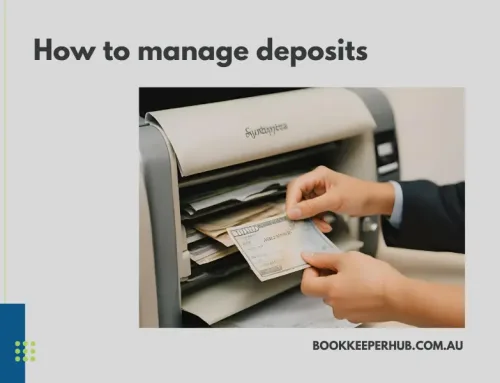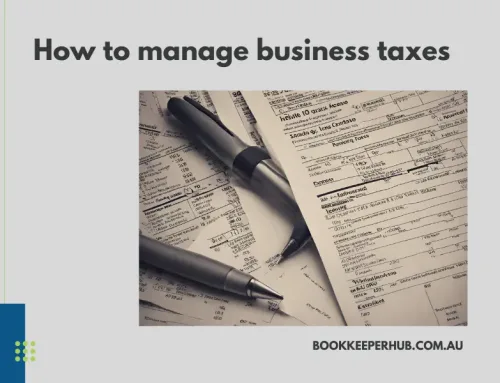Every small business runs into challenges in their business, and the accounting department is no different. Staying on top of the finances as a business owner takes work, which is hard enough when you’re already wearing several different hats in your daily routine.
You’re in charge of marketing and networking, and you also have to include payroll and invoicing in your repertoire. Here’s the thing: this gets confusing!
Accounting may not be your strong suit, and that’s okay because there are others out there that can help. You still need to keep on track of your books, keeping them organised and ensuring that your staff are paid on time. You also need to ensure that you’re watching your payroll and providing that your bank statements all line up each month. Accounting involves processing, summarising, analysing and recording financial transactions that are included with your business practices. This isn’t always easy, but there are other very common small business accounting challenges of which you need to be aware. Let’s take a look at some of the top accounting challenges that you may have to deal with as a business owner.
Cash Flow
One of the most common problems that small businesses run into is their cash flow. Many companies actually fail in the first year because of cash flow problems, and this is because small business owners are just not educated enough on how to manage their own money. This is literally a lack of education, as there are plenty of options for accounting software available to take the weight off of your shoulders. Small business owners often find it hard to put funds to one side to cover their costs, and this then leads to difficulties in staying on top of bill analysis and chasing payments from customers.
Extra Expenses
On paper, finances always look fantastic. In practice, they don’t always add up. Even the smaller expenses – coffees for staff, for example – add up every month. When costs aren’t properly planned or tracked, you can end up causing massive changes to your bottom line. If you optimise your existing credit, you can manage your small business expenses while you monitor your profit over time. You can also ensure that the costs won’t threaten your business finances overall if you have the right software or accounting team to help.
Analysing Finances
When you make sound financial decisions, you will have done this in three steps: interpreting costs, analysing payments and advising. You want to be able to analyse your accounting activity when you want to and when you analyse your spending correctly, you can enhance your financial position in the market and minimise things that affect the growth of your business.
Books Reconciliation
It’s annoying to go through the fiddly process of closing your books. If you don’t have a proper accounting system, you’re going to find it challenging to have your books closed down. This then leads to improper calculations and misleading data later on. In the end, this could lead to the wrong information going to the tax department, and hefty fines to follow. It’s essential to do a run-through of all your accounting books at the end of each day so that you can have transactions appropriately entered.
Expenses Tracking
It is straightforward to lose track of expenses in a small business, and keeping the receipts to one side isn’t always easy to remember. Record maintenance isn’t linear, and if you are trying to keep hold of email receipts and paper receipts, there’s bound to be mistakes. Luckily, you don’t have to store all of your old receipts in boxes anymore to keep track of expenses. Most accounting software packages are cloud-based, which means that you can access your accounts wherever you are, from any device. All you need to do is find the one that suits your needs.
Payroll Management
As part of leading a small business, you will start out wearing the “HR Hat”. This puts you in the position of paying any freelancers and existing staff, and if you don’t have the right knowledge of the tax system, you may find it challenging to get it right. Payroll is one area you NEED to get right in your small business as other people and their lives depend on you. With the right accounting software, you can take the pressure off your shoulders and automate these systems so that you pay your balances on time every time.






